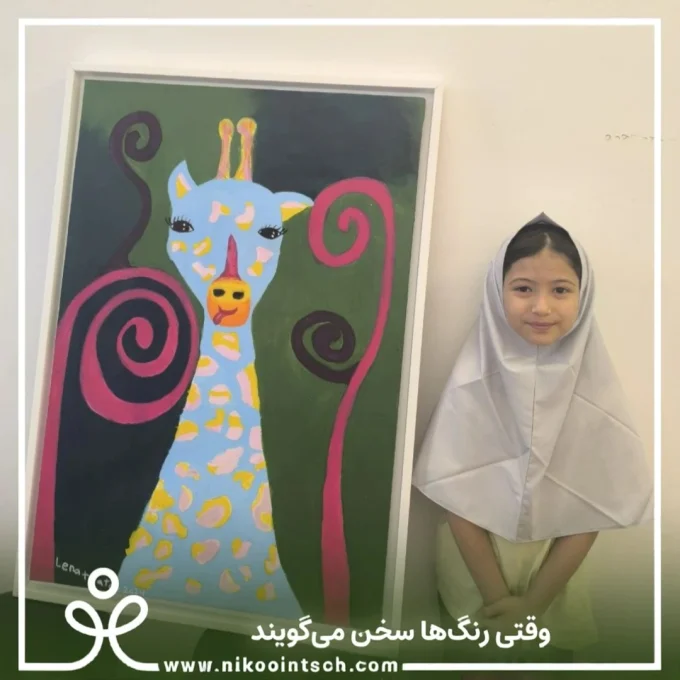Have you ever accidentally added salt instead of sugar to your tea?
Imagine coming home tired after a long day. You pour yourself a cup of tea and confidently add a spoonful of sugar. But with the first sip, you suddenly realize the tea isn’t sweet at all—in fact, it tastes even more bitter than usual! Why? Because what you thought was sugar was actually salt.
This simple incident reminds us of an important truth in life: Not everything that looks good on the outside is truly good.
And this doesn’t just apply to food—it’s absolutely true in human relationships, especially when choosing friends.
Friendships: Deceptive Appearance or Genuine Depth?
We all want to be surrounded by kind, supportive, and loyal friends. But the reality is that not everyone who appears to be a friend is truly one.
Some people may seem cheerful, warm, and friendly at first, but over time, their behavior turns out to be less supportive and sometimes even harmful.
Some friends may always laugh with you but disappear when you need them most.
Some may seem friendly but guide you down the wrong path.
Some may constantly seek attention and belittle your achievements.
In such cases, we need to ask ourselves:
Does this person make my life sweeter or more bitter?
What Are the Qualities of a True Friend?
Choosing friends is one of life’s most important decisions—especially during school years when students’ character, mindset, and self-confidence are being formed. Recognizing a true friend is therefore essential.
Here are some key traits of a good friend:
- You feel like your true self and at ease around them.
- They stand by your side during difficult and emotional moments.
- A true friend encourages you to do the right and meaningful things.
- If you make a mistake, they respectfully guide you instead of mocking or criticizing you.
- They celebrate your success and inspire you to do more.
On the other hand, if someone causes anxiety, insecurity, poor decisions, or personal setbacks, you should reconsider the value of that friendship.
Parents: Key Companions in the Journey of Choosing Friends
Parents play a vital role in helping their children develop social skills. If a child cannot distinguish between a real friend and a superficial one, they may be negatively influenced. That’s why open conversations about friendships should be part of every family’s upbringing approach.
A few tips for parents:
- Talk to your child about their daily experiences without judgment.
- Teach the right models of friendship through stories, examples, or personal experiences.
- Help your child build the confidence to say “no” when necessary.
- If you sense a harmful friendship, guide your child through reasoning rather than criticism.
Right Choices Make Life Sweeter
As we mentioned at the beginning, sugar and salt may look the same, but their taste is entirely different.
In human relationships, it’s the same; appearances can be deceiving, but what truly matters is the impact that relationship has on your life.
So, let’s learn to choose our friends carefully.
Let’s look beyond surface behaviors and explore the depth of relationships.
Let’s remember that making the right choices leads to a sweeter life and a clearer path.
A friend who helps you grow is a true friend.
And a friend who leads you astray is like salt in sweet tea—bitter and unpleasant.












